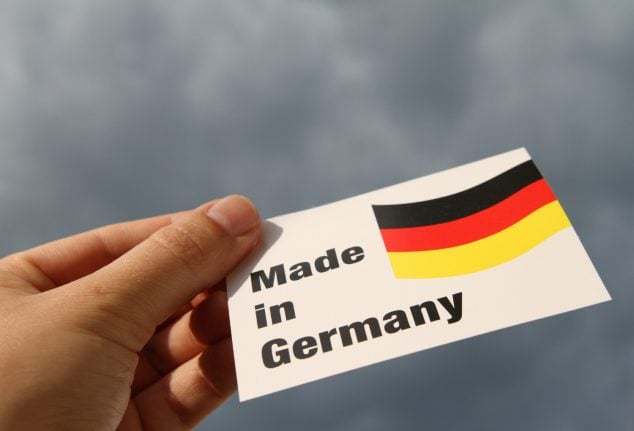The survey-based index, closely watched by economic observers as an indicator of future performance in Europe's largest economy, rose to 116.0 points after a reading of 115.1 in June. Analysts surveyed by data company Factset had predicted a slip in the barometer this month.
July's increase in the Ifo index was powered by improvements in businesses' view of both their current situation and the outlook for the coming months.
“Germany's economy is powering ahead,” Ifo president Clemens Fuest said in a statement. “Companies' satisfaction with their current business situation reached its highest level since German reunification” in 1990.
Looking to different sectors in the economy, manufacturers and construction firms were positive about both the present situation and the future outlook.
But while wholesalers were more optimistic for the coming months, their judgement on today's level of activity became more negative.
Retail companies became slightly more negative about both the present situation and the future.
While it was “pleasant” that the Ifo indicator had hit new heights, “it's more important that the acceleration of the upturn perceived by companies begins to be reflected in hard data” such as industrial production figures, cautioned economist Joerg Zeuner of the KfW public investment bank.



 Please whitelist us to continue reading.
Please whitelist us to continue reading.